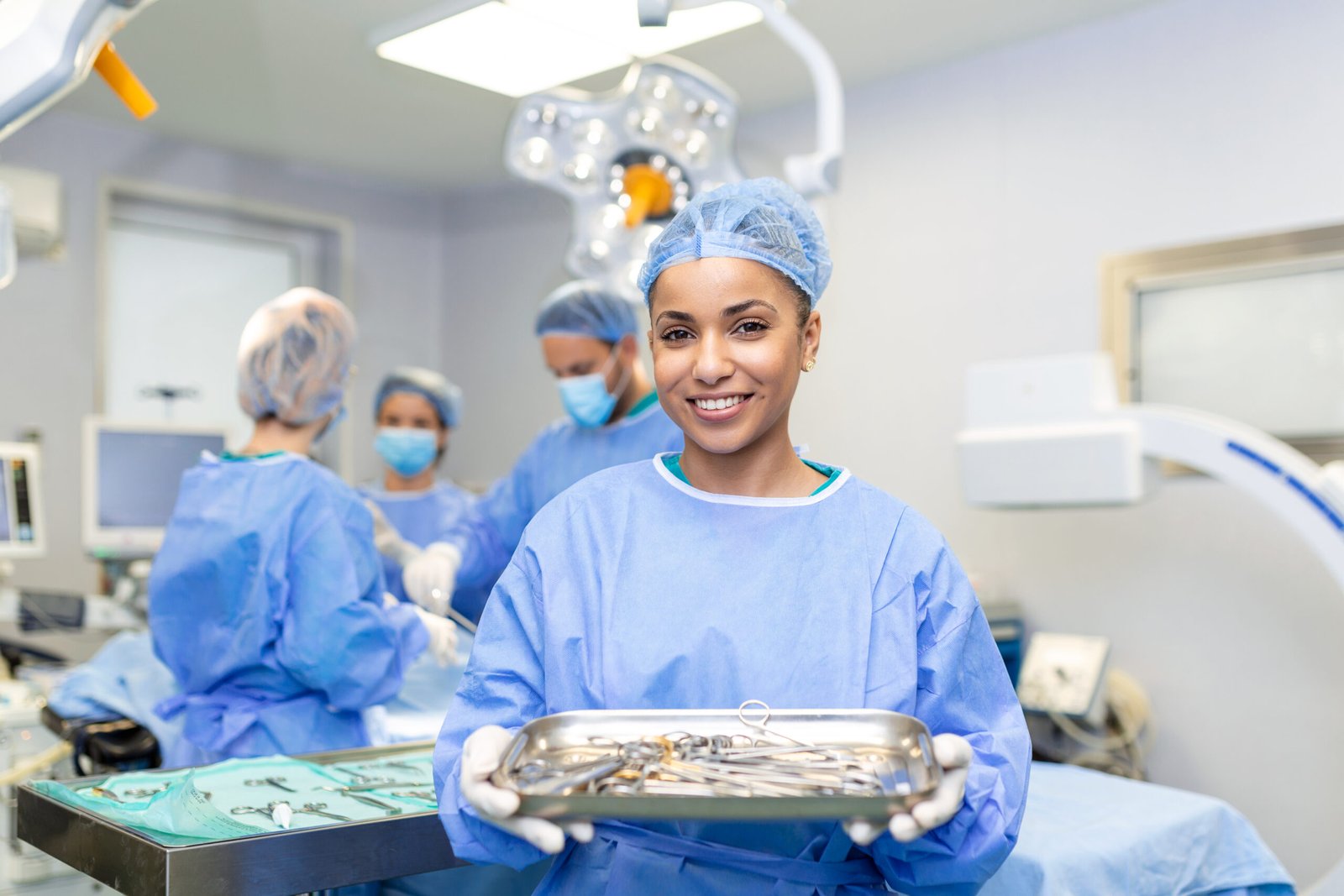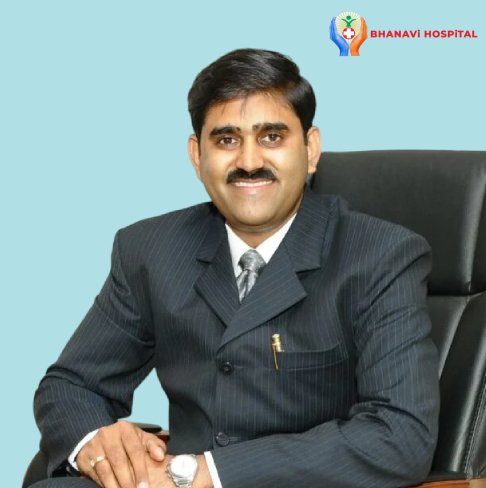General Surgery
- Modular Operation Theatres
- Laparoscopic Surgery Unit
- Post-Operative Recovery Suites
- Day-Care Surgery Services
General Surgery at Bhanavi Hospital

Services & Treatments Provided
Meet Our Specialists


Frequently Asked Questions
Our general surgeons manage a broad range of conditions including appendicitis, hernias, gallbladder disease, anorectal issues (like piles and fistulas), abdominal trauma, and soft tissue lumps. We also offer laparoscopic and traditional surgical options based on clinical need.
Recovery time depends on the procedure and individual health status. Minimally invasive surgeries usually allow patients to resume normal activities within a few days, while open surgeries may require a longer rest and monitoring period.
Laparoscopic surgery is a minimally invasive technique using small incisions and a camera. It results in less pain, quicker recovery, minimal scarring, and lower risk of infection compared to open surgery.
It depends on the surgery. Minor procedures may be done under local anesthesia, while major surgeries typically require general anesthesia. Our anesthesiologists assess each case carefully for optimal safety and comfort.
Yes, for select procedures like laparoscopic appendectomy or hernia repair, patients may be discharged the same day under our day-care surgery program, provided they meet recovery criteria.
Absolutely. Our post-op care includes pain management, wound care, dietary guidance, and physiotherapy support when needed. We also provide follow-up consultations to monitor healing and prevent complications.
Services
- General Medicine
- General Surgery
- Urology
- Dermatology
- Neuro Surgery
- Gastroenterology
- Plastic Surgery
- Orthopedics
- Gynaecology
- Ophthalmology
Quick Links
- About Bhanavi
- Our Doctors
- Patient Testimonials
- Health Packages
- Careers
- News room
- Book Appointment
- Contact
Facilities
- Emergency Unit
- Dialysis Unit
- General wards
- Intensive care unit
- Labour ward
- Out Patient department (OPD)
- Operation Theater
- 24/7 Ambulance Service



0821 - 6644500
P2, Anikethana Road, E & F Block, Kuvempunagar Mysuru-23

